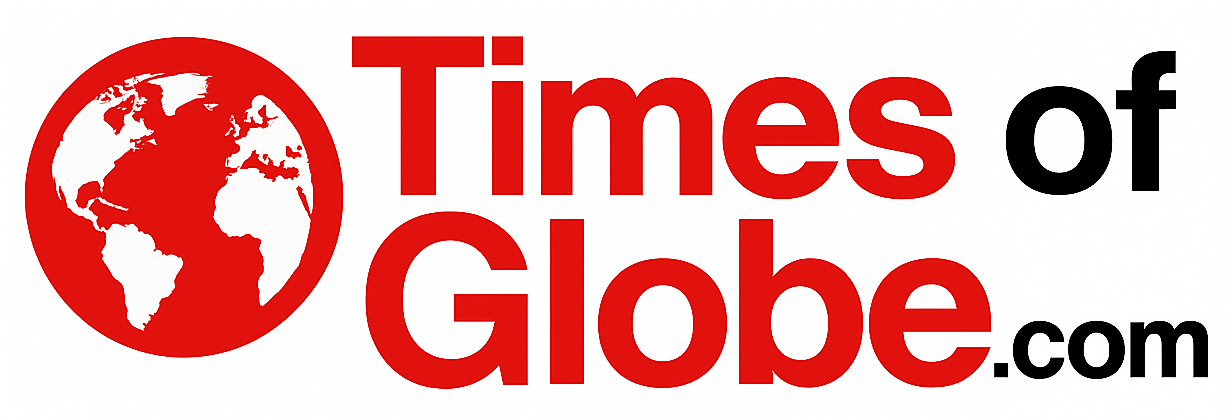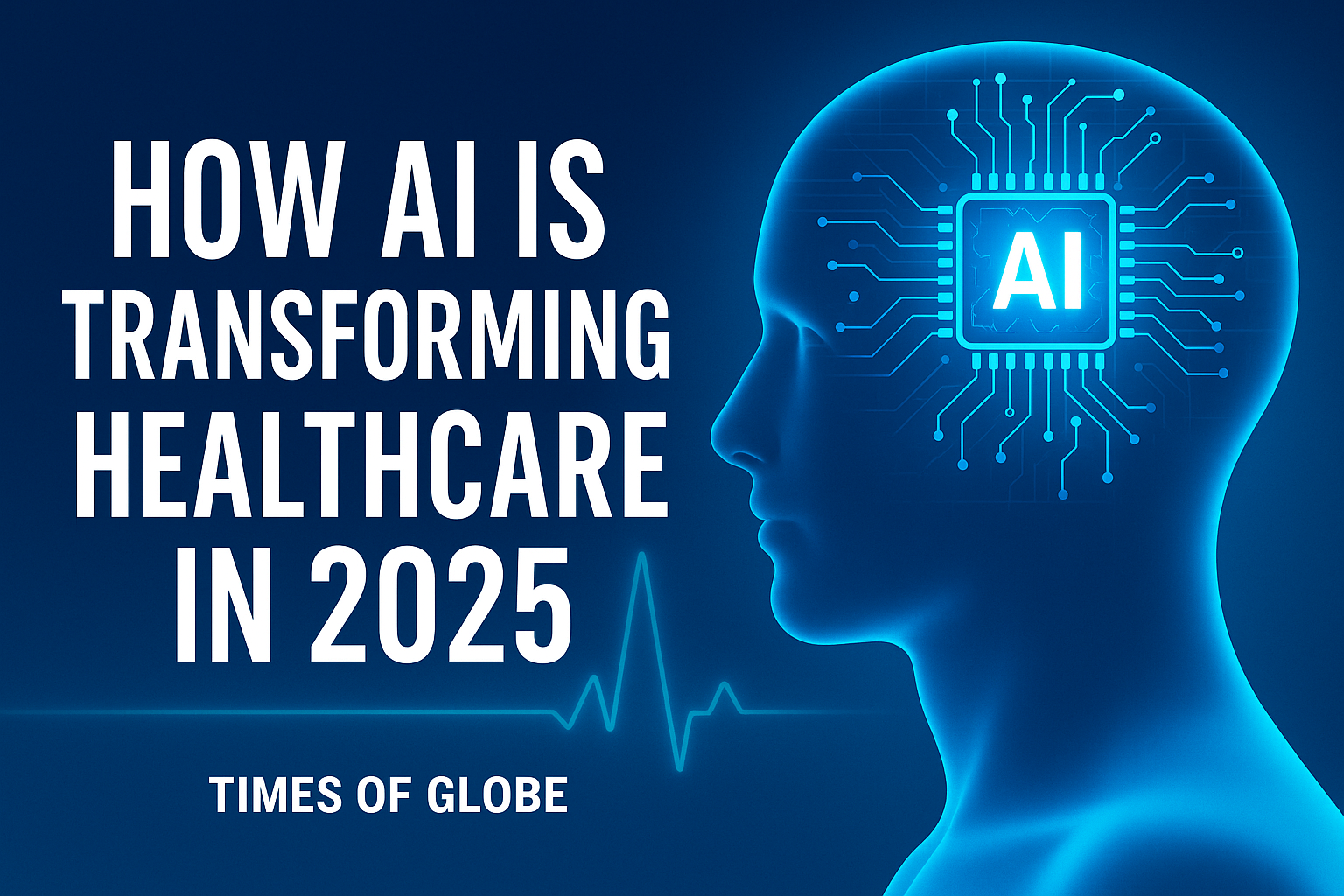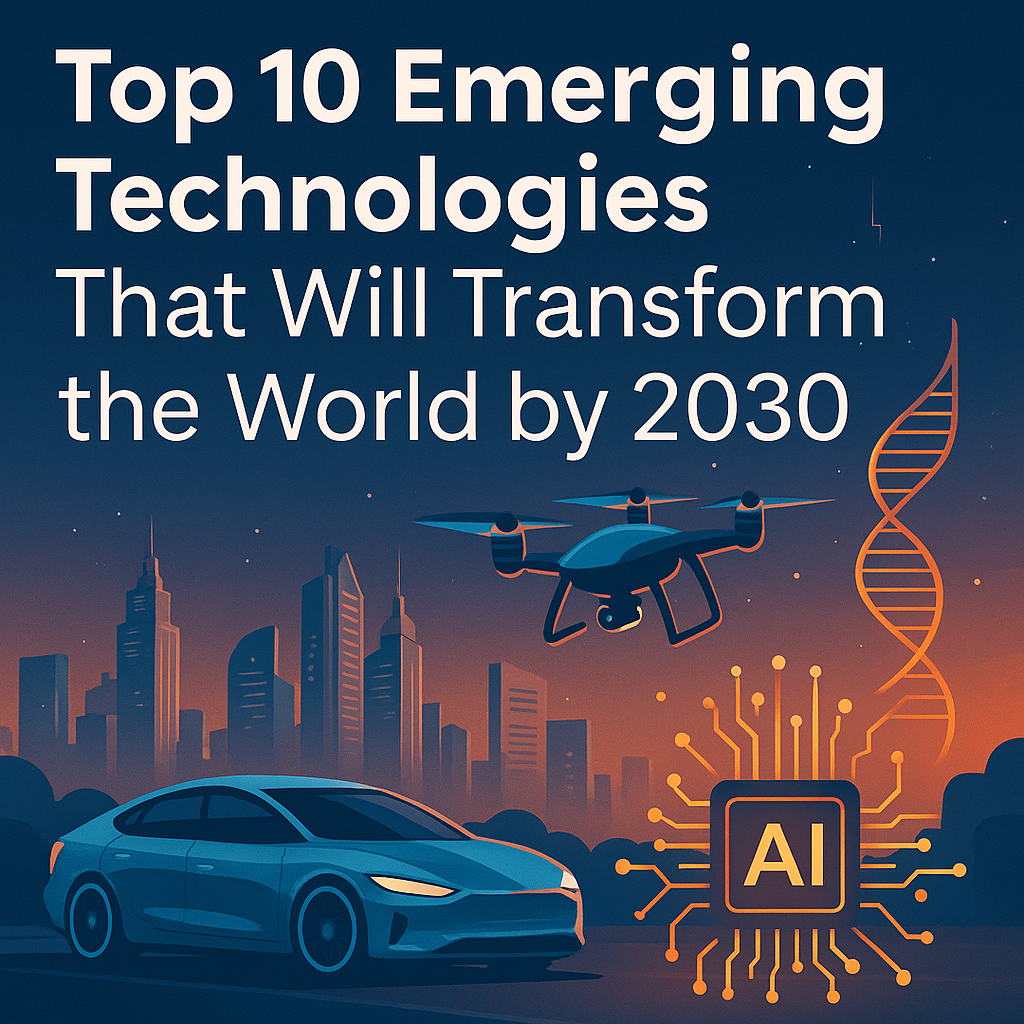Introduction
The integration of Artificial Intelligence (AI) into healthcare has gained significant momentum in recent years, and by 2025, it is not only redefining diagnostics and treatments but also transforming patient experiences and medical research. This article delves into how AI is revolutionizing the healthcare landscape in 2025, highlighting key technologies, benefits, challenges, and the road ahead.
1. AI in Diagnostics: Accuracy and Speed
AI algorithms are now capable of analyzing medical imaging (X-rays, MRIs, CT scans) with higher accuracy than ever before. In 2025, many hospitals have integrated AI tools to assist radiologists in identifying conditions like cancer, fractures, and neurological disorders in real time.
Example: Google’s DeepMind has partnered with major healthcare institutions to deploy AI-based diagnostic systems that detect over 50 eye diseases with a 94% accuracy rate.
Benefits:
- Faster diagnosis
- Reduced human error
- Early detection improves survival rates
2. Personalized Medicine Powered by AI
With access to large patient datasets and genomics, AI can tailor treatment plans to individual needs. Predictive algorithms analyze genetic profiles and lifestyle data to recommend the most effective therapies.
Example: AI models predict how a patient may respond to a particular drug, helping oncologists avoid ineffective chemotherapy treatments.
3. Robotic Surgery and AI-Driven Procedures
Robotic-assisted surgeries, guided by AI, have become increasingly precise. These systems minimize human tremors and provide real-time insights during operations.
Example: The da Vinci Surgical System, now enhanced with AI capabilities, enables complex procedures with smaller incisions and faster recovery times.
4. Virtual Health Assistants and Chatbots
AI chatbots and virtual assistants help patients manage medications, schedule appointments, and get health advice anytime. These tools reduce the burden on healthcare staff.
Example: Babylon Health’s AI assistant can assess symptoms and recommend next steps, improving access to care for remote areas.
5. AI in Medical Research and Drug Discovery
AI is accelerating drug discovery by analyzing chemical compounds, predicting molecular behavior, and identifying potential candidates for clinical trials in weeks instead of years.
Example: In 2025, AI helped discover a new antibiotic effective against superbugs within six months.
6. Predictive Analytics and Preventive Healthcare
By analyzing wearable device data, AI systems predict health risks like heart attacks, diabetes, or mental health issues before symptoms arise.
Benefits:
- Preventive interventions
- Reduced hospitalizations
- Enhanced quality of life
7. Data Management and EHR Optimization
AI automates the organization and analysis of Electronic Health Records (EHR), saving physicians valuable time and improving documentation accuracy.
Example: Natural language processing (NLP) tools help extract key medical terms from patient records instantly.
Challenges of AI in Healthcare
Despite its promise, AI in healthcare faces hurdles:
- Data privacy concerns
- Algorithmic bias and fairness
- High costs and infrastructure limitations
- Regulatory and ethical issues
The Road Ahead: AI and the Future of Healthcare
AI is not a replacement for doctors but a powerful tool to enhance their capabilities. In 2025 and beyond, the collaboration between humans and intelligent machines will shape the next era of healthcare — one that’s faster, smarter, and more personalized.
Internal Links:
- 10 Emerging Technologies That Will Redefine the Future in 2025
- The Rise of Green Technology: Top Innovations Shaping a Sustainable Future in 2025
External Links:




One thought on “How AI is Transforming Healthcare in 2025: Opportunities and Challenges”